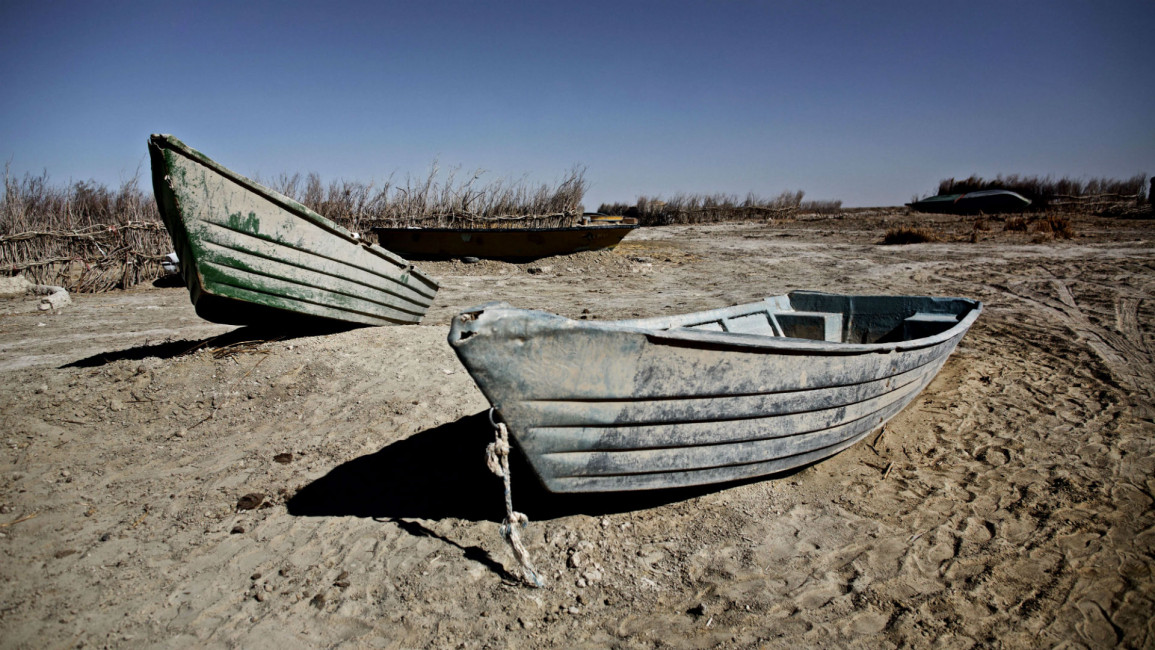Better use of water critical to Middle East's future, World Bank says
Political stability and economic growth in the Middle East and North Africa hinge on better management of scarce water resources, the World Bank said in a report on Tuesday.
Published to coincide with the global 'Water Week' events which opened in Stockholm this week, the report said poor access to water and poor sanitation causes the region to suffer annual economic losses of $21 billion.
The estimate reflects costs from health care and lost productivity due to illness and premature death from water-borne disease, Anders Jagerskog, a World Bank specialist in water-related matters, told AFP.
Hafez Ghanem, World Bank vice president for the Middle East and North Africa, said the region was living beyond its means in terms of water.
"If we think of water resources as a bank account, then the region is now seriously overdrawn," he said in a statement, adding that consuming water faster than it could be replenished undermined the region's long-term wealth and resilience.
The report’s authors also warned that water scarcity can contribute to war and conflict.
The "fragility and conflict" in the region can be blamed on "the failure of governments to address/manage water scarcity," Claudia Sadoff, who led the study, told AFP.
"The often-cited example is Syria, where decades of poor water planning made people and agriculture vulnerable to drought," she said.
This in turn led to "failed agricultural harvests (that) contributed to unemployment and unrest."
The solution requires improving water management methods, they said.
More than 60 percent of the MENA region's population live in areas under high or very high water stress, compared to 35 percent worldwide.
Despite the scarcity of water, regional authorities impose the world's lowest consumption charges.
"Low service tariffs discourage efficient use of water," said the authors, who are calling for higher fees that reflect water's true value.
More realistic fees could encourage the public to reduce consumption while generating revenue to pay for resource protection measures and maintaining infrastructure, they say.
Guangzhe Chen, head of the World Bank's Global Water Practice, also recommends less conventional methods of sourcing water, such as desalination and recycling.
Currently, more than half of waste water in the region is dumped into the environment untreated, resulting in waste and health risks.
Jordan and Tunisia already safely reuse waste water in irrigation and to replenish supplies, according to the World Bank.



